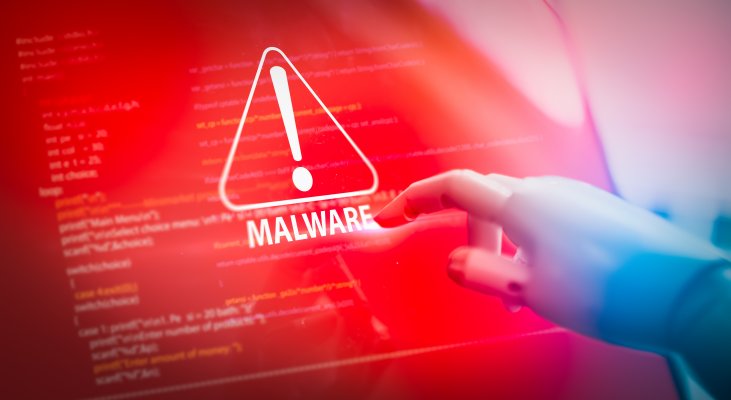Malware are malicious programs that are dangerous to have on your computer. The reason why is because they are usually designed to destroy different aspects of your machine and may also compromise its security. This is where anti malware programs come in handy. It is important to immediately scan them and remove them from your system using the aforementioned programs.
Malware comes in different forms, depending on how it damages your computer:
- Worms– These are codes designed to mess with the performance of your computer. They do this by disrupting your machine’s network performance and lessening its stability. Worms are a special type of malware that is usually spread through e-mails. Without an interaction from the user, it can attach itself to an e-mail. The e-mail will then be sent to multiple people using a “From” address that usually mimics one which the user is familiar with. Once these e-mails are opened, the worm spreads throughout the computer and overwhelms its defenses. What makes it especially dangerous is how easy it is to spread it online and across a network of computers
- Trojan horse– This type of malware may seem familiar because of how regularly it is posted as a threat. True to the mythological origin of the name, a trojan horse presents itself to the computer as a normal program and is usually hidden within another program. Once inside your system, the trojan horse will put a code inside your operating system. This enables a hacker to access your computer. Trojan horses are especially dangerous because they are harder to detect. They can be spread by worms, viruses, or through the files you download online.
- Spyware– This malware is known for putting your privacy at risk. This is because it is a special software used to gather information from your computer without your knowledge. This program collects statistics and configurations from your computer. These will then be sent to advertisers no matter how personal the information is. This is especially harmful in the long run as it can track your internet habits. It can also manipulate how you use your web browser by forcing you to visit a website you did not intend to visit.
- Rogue Software– This type of software raises red flags on the different files you have in your system including those that are perfectly safe. They make it seem as perfectly normal files are viruses or malware for you to be convinced to buy their product. These products are usually tagged with Shield, Antivirus, Security or others such as those. Aside from doing this, they can also disable you from opening your web browsers to force you to buy their product. A quick fix for this malware is to find the program from your installed files and uninstall it.
- Ransomware– As the name implies, ransomware forces the user to pay for a certain private information or data that it hacks from the computer. The hacker who operates the ransomware can threaten to publish the data if you do not pay them. There is also no guarantee they will return the data that has been hacked from you. Ransomware typically locks the files and makes them hard to access. It can also encrypt the files altogether to make them more impossible to open
- Adware– This malware forces you to watch or to look at advertisements that may randomly pop-up on your screen. These files do not damage your system but may still result to forced viewing of advertisements. These files are usually downloaded through random advertisements that appear online and downloads itself once clicked
- Keyloggers– This malware is one of the most dangerous especially if you are using an office computer. This is because it is used by a hacker to keep track of all the words and numbers that you will type. With this, they can access your credit cards, passwords, and banking accounts. The worst-case result of these malware attacks are identity thefts, stolen information, and stolen money. Therefore, it is important for a website to be encrypted before you visit it. It is also important to constantly scan your computer to look for any programs that may seem unfamiliar
How do I remove malware?
The first thing that you will need to do is download an antivirus or anti-malware application. That will scan your whole system and look for a certain file that may be dangerous for the computer. Usually, the level of severity of these will also be displayed for you to decide whether or not it should be deleted. You will then be given the chance to just quarantine it (making it unable to function) or to delete it altogether. This prevents it from accidentally deleting a file that is vital for you.





